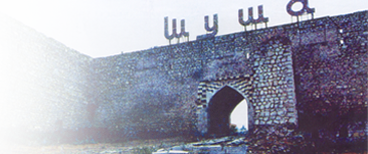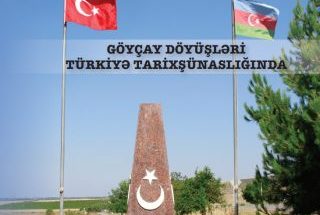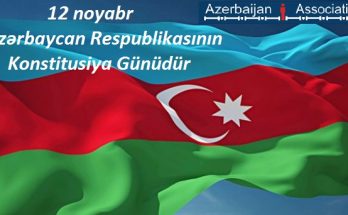 On January 12-13, Turkish Prime Minister Recep Tayyip Erdogan made a visit to Russia, and after a day Russia’s Foreign Minister Sergei Lavrov held talks in Yerevan.
On January 12-13, Turkish Prime Minister Recep Tayyip Erdogan made a visit to Russia, and after a day Russia’s Foreign Minister Sergei Lavrov held talks in Yerevan.
Trend News Agency has asked the Azerbaijani experts to assess the result of these negotiations from the point of view of solving the Nagorno-Karabakh conflict.
Oktay Sadikhov, political scientist
Lavrov’s visit to Yerevan was the logical continuation of Turkish Prime Minister Recep Tayyip Erdogan’s visit to Moscow. Ankara decided to step up pressure on Moscow, so that in its turn, it puts pressure on Armenia. And the purpose here is to free the Azerbaijani territories in exchange for the ratification of the Zurich protocols at the Turkish Parliament.
Turkey has great energy contacts with Russia on “South Stream”, Turkey is the main energy and even trading partner of Russia in Eurasian scale. Given these facts, Russia can exert pressure on the Armenian side.
It is not accidental that these three events have a necessary link – doubling Azerbaijani gas to Russia from January 1, Erdogan’s visit to Moscow, Lavrov’s visit to Yerevan. These visits give us a certain optimism associated with the negotiation process on the Karabakh settlement.
Another issue is that the situation in Armenia is so tense and strained that the Armenian authorities, signing the protocol giving them the green light, got itself into a blow of radical Armenian opposition led by Levon Ter-Petrosian.
Zardusht Alizadeh, political scientist
Russia is again trying to prolong the conflict in order to keep Armenia and Azerbaijan in its orbit of influence. But this does not mean it will succeed. Time is changing, the balance of power is changing. Azerbaijan already can take some drastic steps to finally force Armenia agree with the legitimate rights of Azerbaijan.
Foreign Minister of Russia Sergey Lavrov’s visit to Armenia may be associated with two options: to support Armenia not to retreat from their former positions, or there is some progress in the form of an agreement between Russian President Dmitry Medvedev and Turkish Prime Minister Recep Tayyip Erdogan. However, the second option is unlikely. The most likely option of Russian minister’s visit is to inspire Armenia. Under such circumstances, it is unworthy to expect progress in the Nagorno-Karabakh conflict this year. If the West turns to provide financial support for the separatists, then all hopes are placed only on Azerbaijan own policy.
Rasim Musabeyov, political scientist
Like the U.S. and Europe, Russia considers the Turkish-Armenian rapprochement and the Nagorno-Karabakh conflict different questions. It is important what Turkey says in this regard. And Turkey says it will not open borders and normalize relations with Armenia unless progress is made in the Nagorno-Karabakh conflict settlement.
In 2010, Russia can use its potential to promote the Nagorno-Karabakh conflict settlement. What will happen – whether Armenian-Turkish relations normalize – is the question of the Armenian-Turkish relations.
Trend



